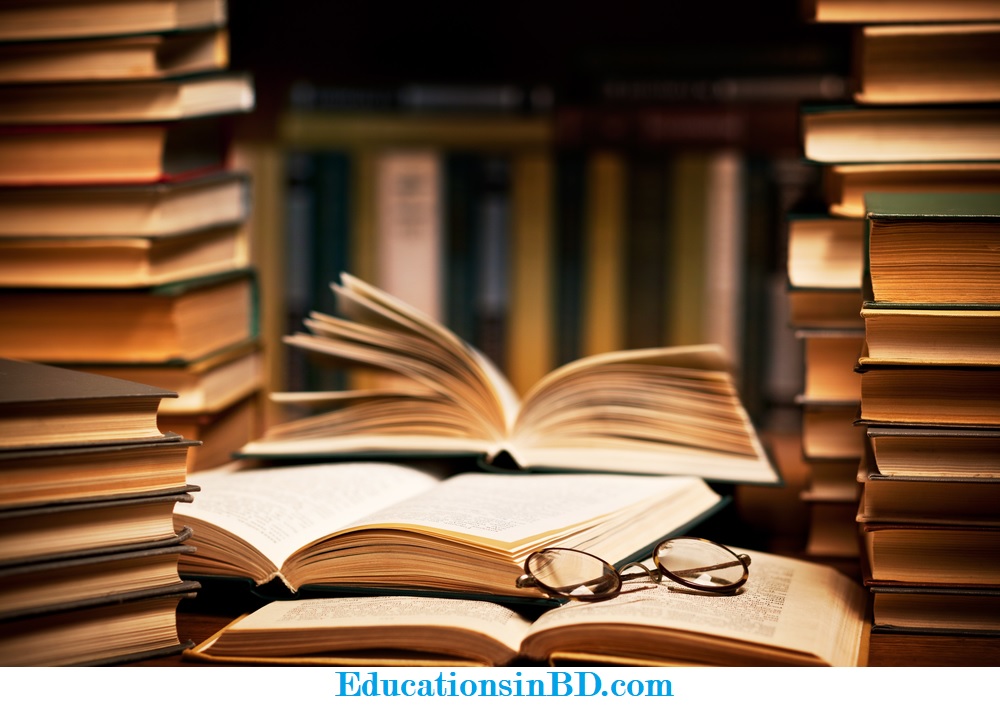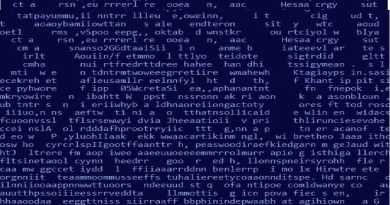International Mother Language Day Paragraph and Essay For Class 8, SSC & HSC Exam আন্তর্জাতিক মাতৃভাষা দিবস সম্পর্কে অনুচ্ছেদ
International Mother Language Day is celebrated every year on February 21 to honor linguistic and cultural diversity around the world. This day was first recognized by the United Nations General Assembly in 1999 and has since been observed by countries across the globe. The theme for International Mother Language Day was “Fostering multilingualism for inclusion in education and society.”
The origins of International Mother Language Day date back to 1952 when students in Dhaka, Bangladesh, protested for their right to use their mother tongue, Bangla, as a medium of instruction in schools. The protest turned violent, resulting in the death of many students. The incident became known as the Language Movement and is regarded as a defining moment in the struggle for Bengali national identity and independence. The Language Movement inspired similar movements in other parts of the world, leading to the recognition of linguistic rights and the preservation of endangered languages.
International Mother Language Day Paragraph and Essay For Class 8, SSC & HSC Exam আন্তর্জাতিক মাতৃভাষা দিবস সম্পর্কে অনুচ্ছেদ

International Mother Language Day aims to promote linguistic and cultural diversity, raise awareness of the importance of mother tongue-based education, and encourage multilingualism as an essential tool for social inclusion and sustainable development. Multilingualism fosters intercultural understanding, promotes dialogue between communities, and helps preserve traditional knowledge and practices.
Every year, various events are held worldwide to mark International Mother Language Day. These include language showcases, cultural festivals, poetry readings, seminars, and workshops. In Bangladesh, the day is a public holiday, and people gather at the Shaheed Minar monument in Dhaka to pay homage to the Language Movement martyrs. UNESCO also organizes events to celebrate International Mother Language Day, including panel discussions, exhibitions, and concerts.
International Mother Language Day is a vital occasion that recognizes the importance of linguistic and cultural diversity in creating a more inclusive and peaceful world. It honors the sacrifices made by language activists and serves as a reminder of the need to preserve endangered languages, promote mother tongue-based education, and foster multilingualism.
International Mother Language Day celebrates the richness and diversity of language as a means of promoting social cohesion, intercultural understanding, and sustainable development. It recognizes the value of linguistic heritage and the role of mother tongue-based education in providing quality education for all.
The celebration of International Mother Language Day is not limited to one specific region or culture but is a global event that brings together people of different backgrounds and languages. This day serves as an opportunity to reflect on the importance of language in shaping our identity and connecting us to our cultural roots.
Furthermore, linguistic diversity is closely linked to biodiversity and cultural diversity. Many indigenous languages around the world are at risk of being lost forever due to various factors, including globalization, urbanization, and inadequate support for language preservation. The loss of these languages represents a significant loss of cultural heritage, knowledge, and wisdom.
International Mother Language Day, therefore, highlights the need to promote and preserve endangered languages, recognize the rights of linguistic minorities, and encourage multilingualism as a tool for communication, social integration, and sustainable development.
Education is a fundamental human right, and mother tongue-based education plays a critical role in ensuring inclusive and equitable education for all. Research has shown that children learn better when they are taught in their mother tongue, as it helps them to understand concepts more easily, improves their cognitive development, and enhances their self-esteem.
Mother tongue-based education also promotes intergenerational transmission of knowledge and strengthens cultural identity. By providing education in children’s mother tongue, we can help preserve endangered languages, promote multilingualism, and foster cultural diversity.
International Mother Language Day celebrates the linguistic and cultural diversity of humanity and underscores the crucial role of language in promoting social cohesion, sustainable development, and peaceful coexistence. It provides an opportunity to raise awareness of the importance of preserving endangered languages, promoting multilingualism, and providing quality education for all.
International Mother Language Day is not just a celebration but also a call to action. It reminds us of the need to recognize linguistic diversity and promote multilingualism at all levels of society, including in education, governance, media, and public life.
Governments have a crucial role to play in promoting and protecting linguistic rights. They must recognize the importance of mother tongue-based education and provide adequate resources for language preservation and promotion. Governments should also ensure that linguistic minorities have equal access to public services and participation in decision-making processes.
Media plays an essential role in shaping public opinion and disseminating information. Therefore, it is crucial to ensure that the media represents linguistic diversity and promotes intercultural understanding. Media organizations should strive to provide content in multiple languages, including minority languages, and avoid stereotyping or marginalizing linguistic minorities.
International Mother Language Day also provides an opportunity for individuals to celebrate their linguistic and cultural heritage and learn about other languages and cultures. Learning a new language enables us to broaden our horizons, understand different perspectives, and appreciate the richness of human diversity.
In conclusion, International Mother Language Day is a day of celebration, reflection, and action. It highlights the importance of linguistic diversity in promoting social integration, sustainable development, and peaceful coexistence. By recognizing and celebrating linguistic diversity, we can build more inclusive and equitable societies where everyone’s language and culture are valued and respected.



